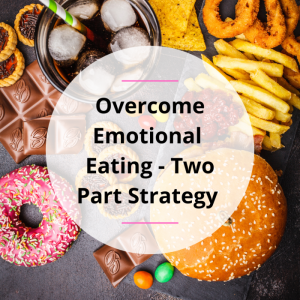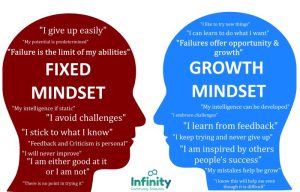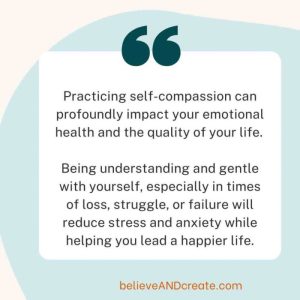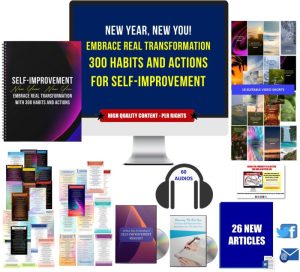Overcoming Setbacks with Resilience
Overcoming setbacks with resilience is a journey of self-discovery and growth. This exploration delves into the multifaceted nature of resilience, examining how individuals navigate adversity, build inner strength, and emerge stronger from challenging experiences. We will explore practical strategies for managing stress, anxiety, and depression, alongside fostering mindfulness and self-compassion to cultivate lasting resilience.
The path to resilience isn’t always easy, but understanding the process, developing coping mechanisms, and seeking support when needed are crucial steps. This guide offers a comprehensive framework for building resilience, empowering you to face life’s inevitable setbacks with confidence and determination.
Personal Growth and Self-Care: Overcoming Setbacks With Resilience
Overcoming setbacks requires not only resilience but also a conscious commitment to personal growth and self-care. These are not optional extras; they are fundamental pillars supporting our ability to bounce back from adversity and thrive. Neglecting self-care weakens our resilience, making us more vulnerable to future challenges. A proactive approach, however, strengthens our inner resources and fosters a mindset capable of navigating life’s inevitable difficulties.
A personalized self-care plan is crucial for building resilience. It should be tailored to individual needs and preferences, acknowledging that what works for one person may not work for another. The key is consistency and incorporating a variety of activities that nourish different aspects of our well-being.
Creating a Personalized Self-Care Plan, Overcoming setbacks with resilience
Developing a self-care plan involves identifying areas needing attention and choosing activities to address them. This might include physical, mental, emotional, and social well-being. For example, someone struggling with stress might incorporate daily meditation and regular exercise, while someone feeling socially isolated could prioritize connecting with friends and family. The plan should be realistic and flexible, allowing for adjustments as needed.
The Importance of Setting Realistic Goals for Personal Growth
Setting realistic goals is essential for sustainable personal growth. Unrealistic expectations can lead to disappointment and demotivation, hindering progress. Goals should be specific, measurable, achievable, relevant, and time-bound (SMART). For instance, instead of aiming to “become more confident,” a more effective goal might be “to speak up in one team meeting per week for the next month.” This provides a clear path and allows for tracking progress.
The Connection Between Self-Care and Resilience
Self-care directly enhances resilience by building inner strength and coping mechanisms. When we prioritize our well-being, we develop a greater capacity to handle stress, manage emotions, and navigate challenges. Regular self-care practices, such as sufficient sleep, healthy eating, and regular exercise, equip us with the physical and mental resources necessary to weather setbacks. It’s akin to building a strong foundation upon which resilience can flourish.
Examples of Activities that Promote Self-Discovery and Personal Growth
Many activities foster self-discovery and personal growth. Journaling allows for reflection and emotional processing. Mindfulness practices, like meditation, enhance self-awareness and emotional regulation. Learning new skills, whether it’s a new language or a musical instrument, boosts self-esteem and confidence. Engaging in creative pursuits, such as painting or writing, can be incredibly therapeutic and self-expressive.
Spending time in nature offers a sense of calm and perspective. Finally, seeking out supportive relationships provides emotional support and a sense of belonging. These activities, consistently practiced, contribute significantly to overall well-being and resilience.
Ultimately, overcoming setbacks with resilience is not about avoiding hardship, but about developing the inner strength to navigate it. By understanding the principles of resilience, implementing effective coping strategies, and seeking support when necessary, individuals can transform adversity into opportunities for growth and personal transformation. Embracing challenges and learning from setbacks empowers us to lead fulfilling and meaningful lives.
Query Resolution
What is the difference between resilience and coping mechanisms?
Resilience is the overall ability to bounce back from adversity, while coping mechanisms are specific strategies used to manage stress during challenging times. Resilience is a broader, more encompassing trait, whereas coping mechanisms are individual tools within the larger framework of resilience.
Can resilience be learned?
Yes, resilience is a skill that can be developed and strengthened over time through conscious effort and practice. It involves learning specific strategies, building self-awareness, and cultivating supportive relationships.
How long does it take to build resilience?
There’s no set timeframe. Building resilience is a continuous process that evolves throughout life. Consistent effort and self-reflection are key to gradual, sustainable growth.
What if I experience a major setback and feel overwhelmed?
Seeking professional help from a therapist or counselor is crucial during times of significant adversity. They can provide personalized support, guidance, and coping strategies tailored to your specific needs.






